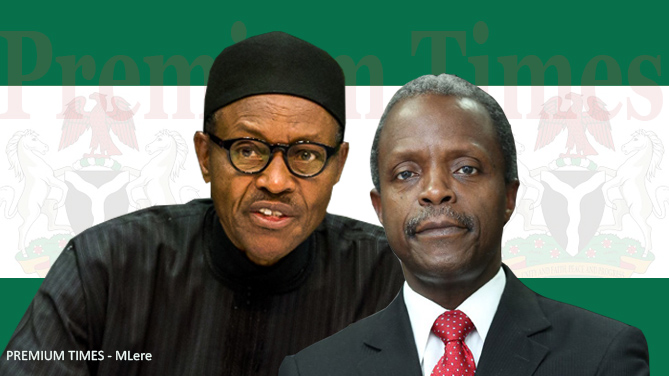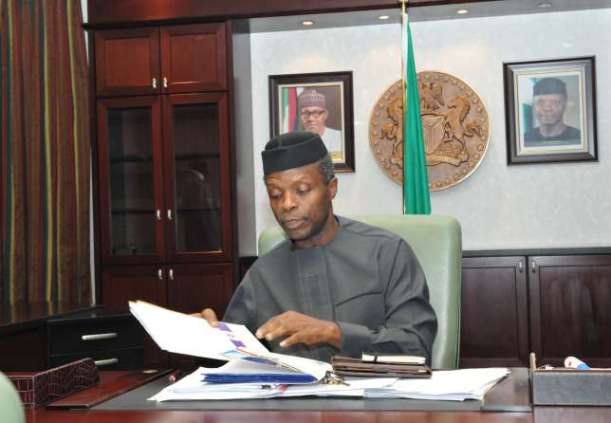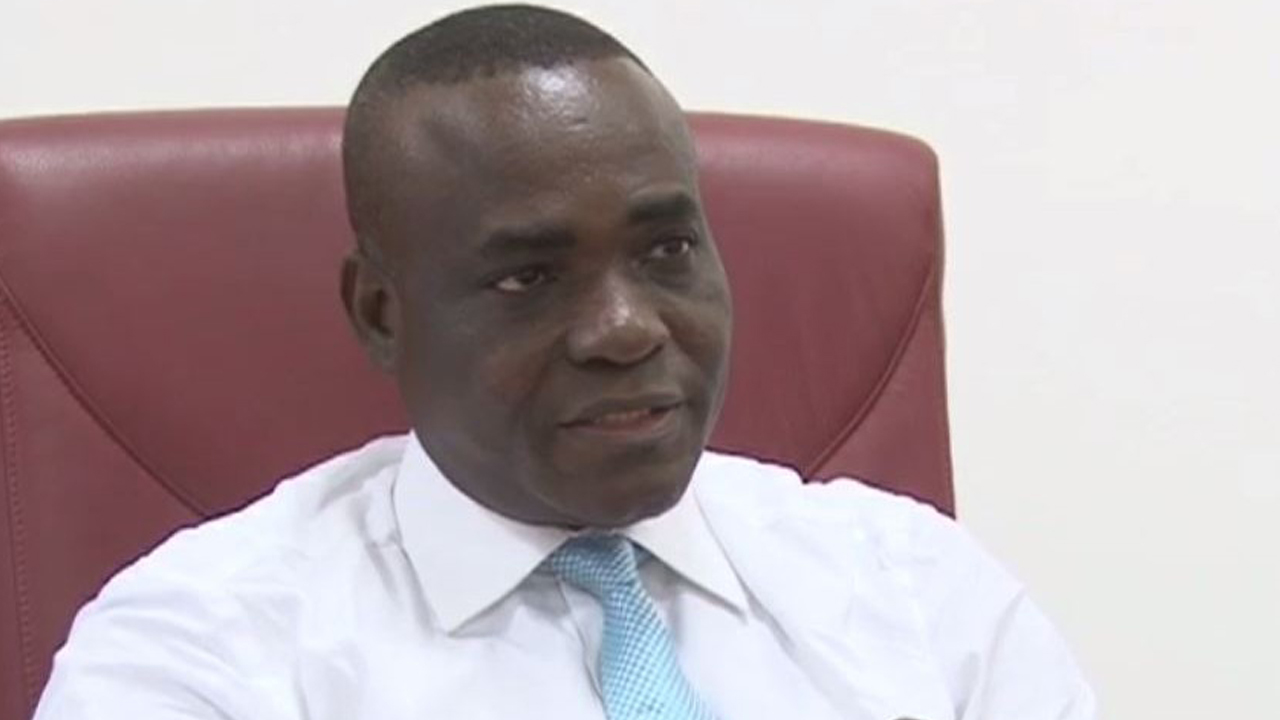News
Osinbajo: Justice System’s Failure Bane Of Nigeria’s Conflict
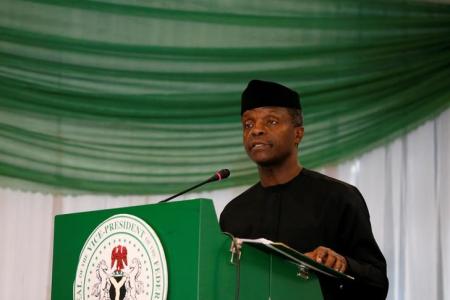
The Acting President, Yemi Osinbajo, has said history had taught him that the failure of the nation’s justice system to respond adequately to crisis is a major factor leading to greater conflict.
Osinbajo said this while inaugurating a Presidential Investigation Panel to review the compliance of the Armed Forces with human rights obligations and rules of engagement at the Presidential Villa in Abuja.
He said it was a known fact that the conduct of the nation’s defence and security forces during the insurgency in the North-East and militancy in the Niger Delta had in recent times attracted significant commendation.
The Acting President said the nature of asymmetric or unconventional warfare that the armed forces had to contend with presented unique challenges that most modern armies were ill-equipped to tackle with conventional warfare tactics.
He said there had been series of allegations levied against security forces by some local and international commentators, and that if left unaddressed, such could undermine the good work of the men and women of the Armed Forces who had largely conducted themselves in a disciplined and professional manner.
He added, “Failure to examine some of these allegations will also leave those who may have been victims of such abuses without any recourse to justice. And if history has taught us anything, it is that the failure of our justice system to adequately respond to crisis is usually a recipe for greater conflict.”
Osinbajo said respect for the lives of Nigerians was not just constitutional but also a moral duty.
He said the report of the findings of the board of inquiries set up by the Nigerian Army to investigate extra-judicial killings and rights violation by Army personnel, which was submitted in June 2017, would be made available to the panel.
He said the government was also awaiting the report of the investigation into allegations of sexual abuse and exploitation in IDP camps in the North-East, which was ordered by President Muhammadu Buhari.
He gave the terms of reference of the panel to include reviewing extant rules of engagement applicable to the Armed Forces of Nigeria and the extent of compliance thereto; and to investigate alleged acts of violation of international humanitarian and human rights law under the nation’s 1999 Constitution as amended, the Geneva Conventions Act, the African Charter on Human and Peoples Rights, Ratification and Enforcement Act and other relevant laws by the Armed Forces in local conflicts and insurgencies.
Others, according to him, are to investigate matters of conduct and discipline in the armed forces in local conflicts and insurgencies; to recommend means of preventing violations of international humanitarian and human rights law in conflict situations; and to make further recommendations in line with the terms of reference as may be deemed necessary.
Osinbajo gave the assurance to the armed forces that exercises such as this would be regular and must not be seen as a witch-hunt or a way to denigrate the great work that the Armed Forces and paramilitary agencies were doing all over the country.
He said it was the responsibility of the Armed Forces and the government to ensure that their activities met up with human rights norms and basic rules of decency observed across the world.
Osinbajo said he also expected the panel to collect information about the conditions of service of the Armed Forces or any other factors that might have hindered the optimal performance of the Armed Forces in the fight against insurgents, militants and other combatants.
The panel is headed by a Justice of the Court of Appeal, Justice Biobele Georgewill. Members of the panel include Maj.-Gen. Patrick Akem; Mr. Wale Fapohunda; Mrs. Hauwa Ibrahim; Mr. Jibrin Ibrahim; Mr. Abba Ambudashi Ibrahim; Mrs. Ifeoma Nwakama; and Dr. Fatima Alkali who is counsel for the panel.
-

 Opinion5 days ago
Opinion5 days agoDon’t Pull the Plug: Why Nigerians Are Pleading for the U.S. to Extend Its Police Training Program — and Why It Must Synergize With New Military Arrivals
-

 Crime4 days ago
Crime4 days agoVigilante Reportedly Shoots Colleague Dead In Plateau
-
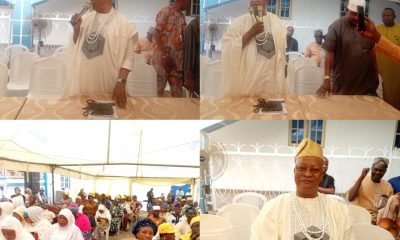
 News3 days ago
News3 days agoRamadan: Osun Cleric Urges Compassion Among Muslims As Asejere Distributes Relief Materials To 537 Beneficiaries
-
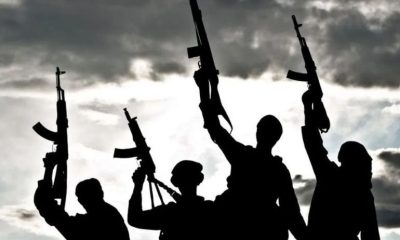
 Crime5 days ago
Crime5 days agoMan Shot Dead In Ambush Along Jol-Sho Road In Plateau


